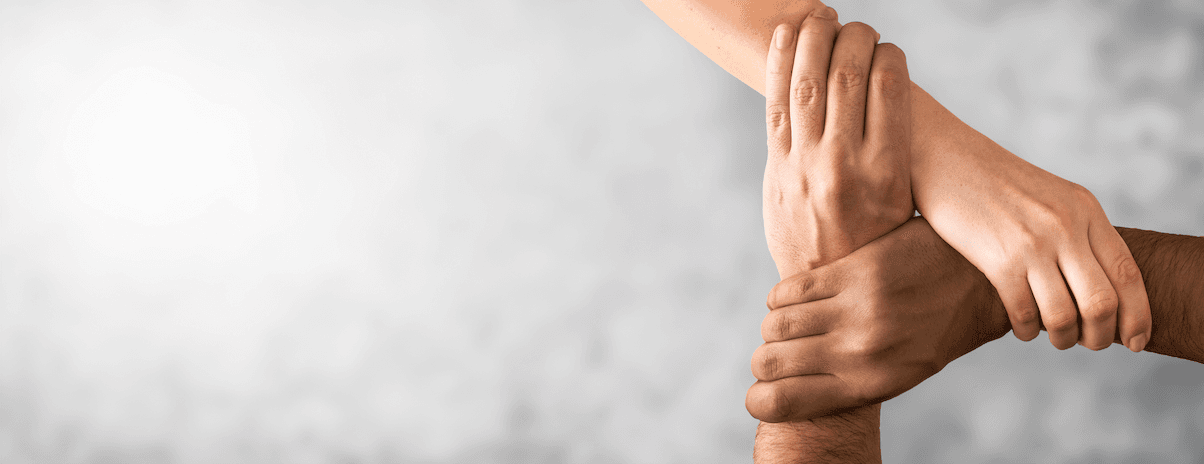
2020-03-19T16:59:09
COVID-19: What To Do if You Are Sick
- COVID-19
March 27, 2020 | COVID-19

Pandemics and other public health emergencies, like COVID-19, can cause fear and anxiety in individuals and communities. Unfortunately, this fear and anxiety can also lead to social stigma about people, places, or things. Stigma hurts everyone because it creates fear and anger toward other people and can have a direct impact on the affected individual’s mental health. Some people who may be experiencing social stigma during the COVID-19 outbreak include:
These groups of people may be subject to:
Stigmatized people might also feel afraid to seek treatment if they do get sick, or they may hide their illness to avoid discrimination from others.
Think before you speak. Before talking about coronavirus, ask yourself if what you have to say could hurt others. Your words have an impact, and it’s important to choose words that accurately reflect the virus and its effects. For example:
Avoid spreading misinformation. It’s important to be informed, but it’s even more important to get your information from accurate sources because insufficient or incorrect information helps charge stigma. Social media is not the place to get information. Instead, turn to the Centers for Disease Control and Prevention (CDC), World Health Organization or your state health department for accurate and up-to-date information about the coronavirus. Show compassion for those affected. News stories about people, including celebrities, politicians and other public figures are inevitable during the coronavirus outbreak. Instead of pointing criticism or blame, make a conscious effort to show compassion and support. If you hear or see stigmatizing or harassing comments, speak up. Remember that we are all connected, and coronavirus doesn’t see color, gender or social status. As you interact with people throughout the next several months, keep this information in mind. It’s important to use your best judgment, but we also owe it to each other to be a little kinder and a little more understanding.
Read more about Coronavirus:
WRITTEN BY:
The Live Better Team
This information is not intended to replace the advice of a medical professional. You should always consult your doctor before making decisions about your health.